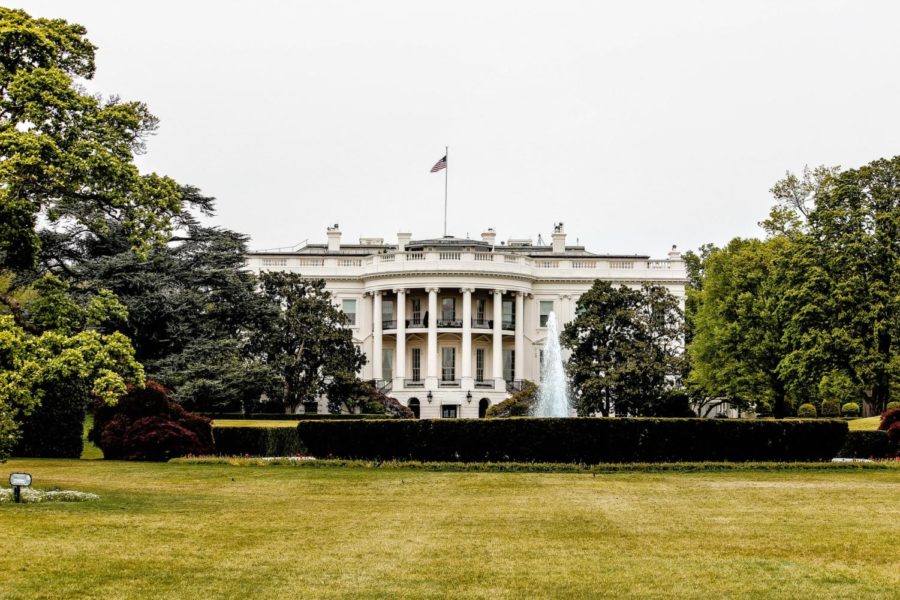Editorial: TJ Ducklo: A lesson in accountability
The ISD Editorial Board explains the events leading up to White House Deputy Press Secretary TJ Ducklo’s resignation and how this shows a trend toward personal and professional accountability in politics.
February 20, 2021
Accountability. Responsibility. Answerability. Make a mistake, and you are liable for the consequences. Thankfully, most mistakes are rectifiable. Own up to what you did, apologize and accept the punishment. Do those things, and with genuine remorse, you’ll earn yourself a second chance.
Of course, not everything works out that easily and clean, as was the case for White House Deputy Press Secretary TJ Ducklo.
Ducklo made the mistake of threatening and verbally abusing, with misogynistic language, Politico’s Tara Palmeri, a reporter who threatened to report Ducklo’s relationship with Axios’ Alexi McCammond. McCammond is a reporter who had been covering Joe Biden’s campaign, which makes this a seeming conflict of interest.
Ducklo was suspended without pay for one week following his highly inappropriate remarks, prompting many people to question how serious the White House was taking President Biden’s threats to fire anyone on his staff that acted disrespectfully immediately.
Biden’s White House indeed failed on that front. Ducklo should have reported his actions and offered to resign before his superiors even had time to fire him. As it was, it took a week and much public scrutiny for Ducklo to resign. That is a problem that Biden and the White House must correct in the future.
As for Ducklo, before offering his resignation, he issued a formal apology to Politico and Palmeri as well as sent a personal apology to Palmeri, stating “Last night on the phone with you I lost my temper in a way that was unprofessional, and I apologize for that. I should have done a better job at keeping my emotions in check during our conversation. It won’t happen again.”
Upon the acceptance of his resignation, Ducklo issued the following statement on Twitter.
Ducklo acknowledged what he did and that it was wrong. He made clear that it was his actions he was apologizing for and not Palmeri’s feelings. (Saying you’re sorry that someone feels sad, bad, hurt, etc., is NOT an apology.) And he has accepted the consequences of his actions: in this case, his job.
Though not nearly as quickly as they should have happened, these are the events that needed to occur in response to Ducklo’s actions.
Though only time will tell if Ducklo is genuinely sorry for what he did and does do better as he has vowed, his actions should warrant him a second chance at his career. Mistakes such as the one Ducklo made, as awful as it was, don’t have to cancel a career.
What matters is that, ultimately, both the White House and Ducklo held themselves accountable for his actions. That’s not something you see every day in Washington. This is a good first step toward accountability, responsibility and answerability. We are not there yet, but maybe we’re headed in the right direction.
We’re all human. We are going to make mistakes. Learning and growing from these mistakes is essential, but that can’t happen without acknowledging the mistake and atoning for it. Let us learn from this example and be better going forward.

















